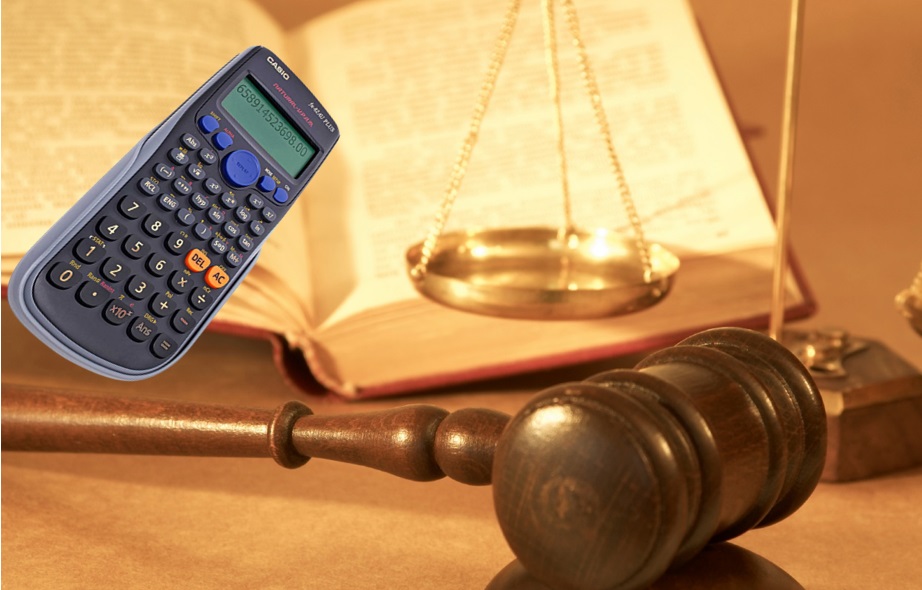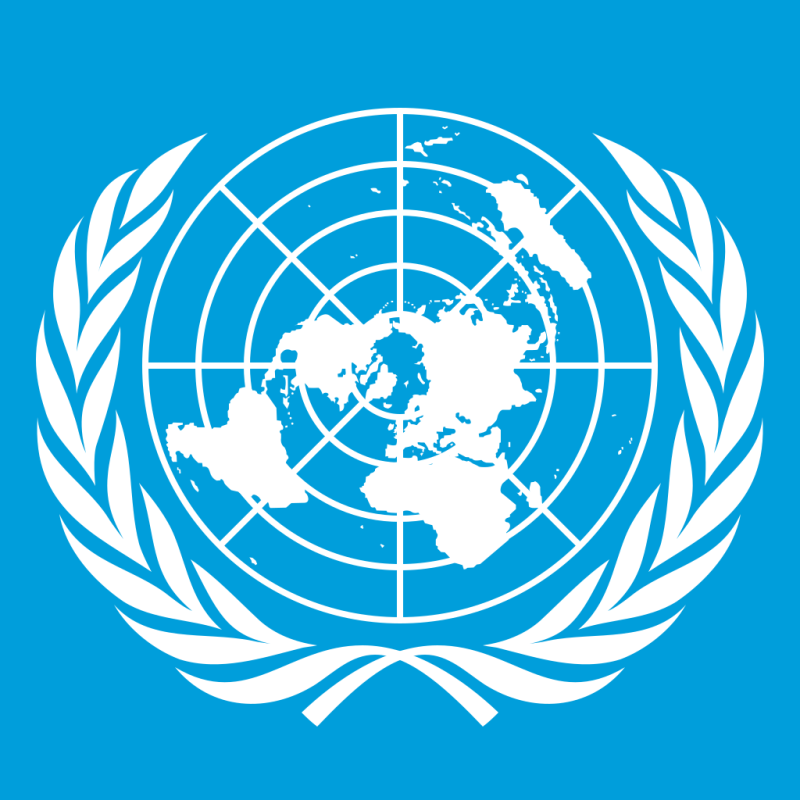The judicial system has a complete toolbox with which it checks and balances the executive authority, aka the government, and its multitude of offices and bodies.
The Minister of Justice’s announcement of a reform of the judicial system provoked an intense public uproar that has seemingly not yet reached its peak. The combative speech of the President of the Supreme Court at the conference of the Association for Public Law and the impressive demonstrations at the end of Shabbat are probably not the end of the story. A democratic protest by citizens is welcome, but not enough: an in-depth public discussion is also required, one that is free of rhetorical exaggerations that grab the headlines.
One such dramatic headline stated emphatically: “Abolition of the reasonableness standard will rob the citizens of the only brake on the power of government.” Such a dire description is sure to evoke negative feelings about the proposal. The problem is that the title does not reflect reality: the judicial system has an entire toolbox at its disposal with which it checks and balances the executive authority, aka the government and its multitude of offices and bodies. This toolbox is called the administrative law, which is an area of law designed to regulate the operation and procedures of government agencies by examining the actions of the government and analyzing with the government officials before the court rules in a case in which a citizen claims to have been harmed by the government.
The reason for the strict legal investigation is that the executive authority cannot do as much as it pleases, and even when it acts in the area in which it is empowered, it must act in accordance with the rules and principles, which are akin to operating instructions of the governing power. This is the meaning of limited democratic government: the rules are set by the people and the government is subject to supervision and control to make sure that it does not deviate from them.
Contrary to the message that the opponents of the reform try to echo, as if it castrates the judiciary, the facts prove the opposite. Administrative law is replete with rules and principles that limit the government: the obligation to act by force of law, the obligation to act in a fair and proper way, the prohibition to act from extraneous considerations, the prohibition to discriminate, and the prohibition to exceed the limits of authority.
All of these are legal tools that are used by the judiciary to supervise the government and its affiliates and curb decisions that are against those rules. If so, the reasonableness standard is not “the only brake on the power of government”, despite the headlines. In fact, it is not even the main brake on the ruling power. The first obstacle is, of course, the fact that the elected representatives stand for the people’s choice.
The second brake is the legislation, which regulates the powers of the government and limits its operation. The third brake is the judicial review, an important and necessary one, as mentioned. The reasonableness standard as it developed in Israel is very different from what is accepted in the rest of the world, and adds to the judicial review a subjective dimension that deviates from what is usually accepted. You can relax: even if it is canceled or reduced, we will be left with an effective administrative law that properly limits the government.



